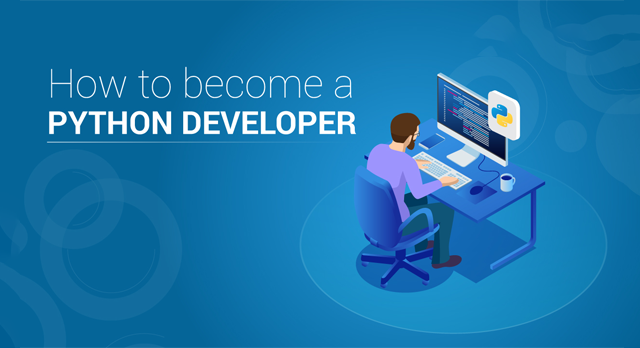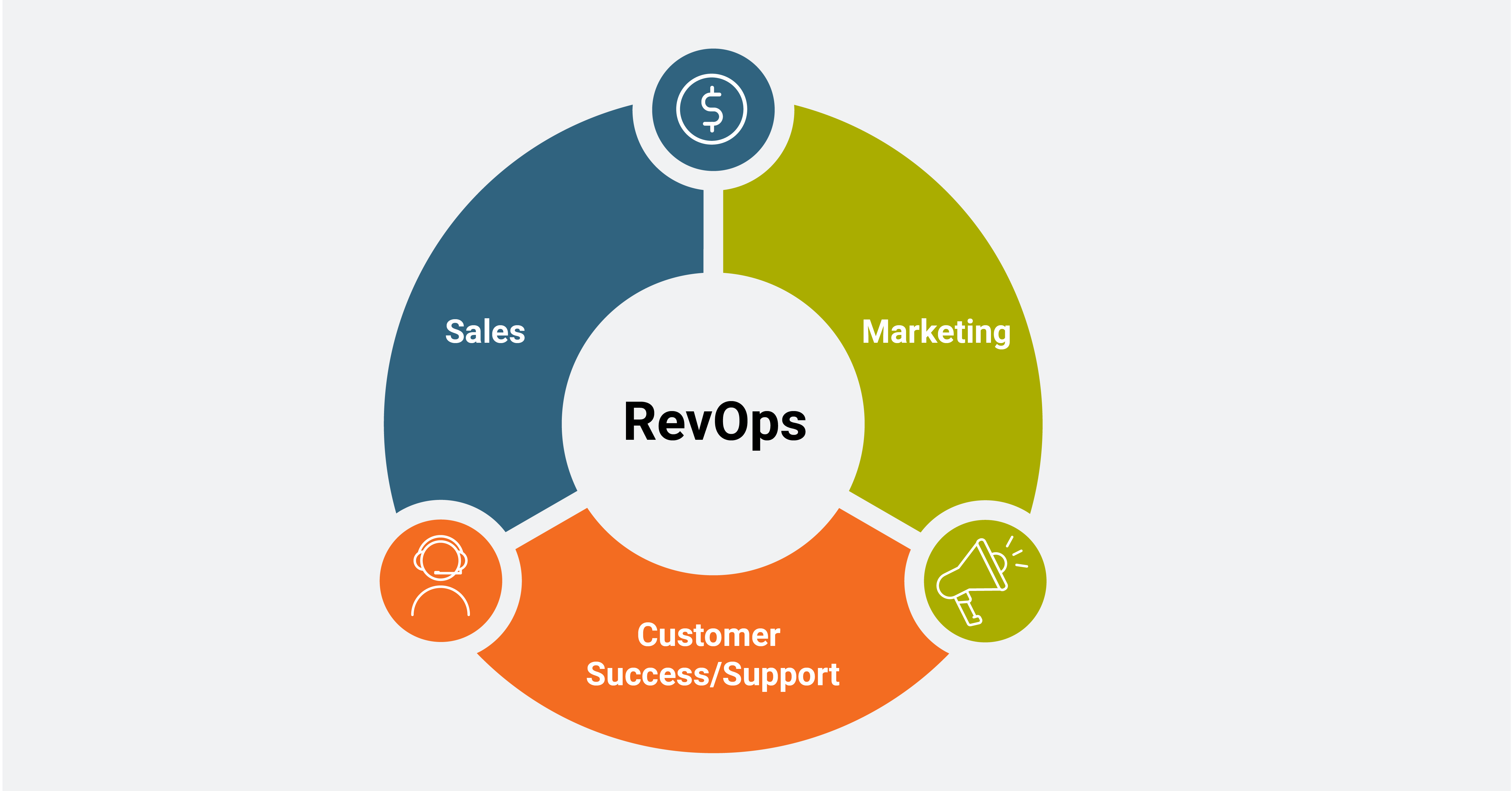
Python is widely used across various domains, from web development and data analysis to artificial intelligence and machine learning. If you aspire to become a Python developer and harness the power of this dynamic language, this blog post will guide you through the essential steps and highlight the importance of Python courses in your journey towards Python mastery.
Understand the Basics of Python:
To embark on your journey as a Python developer, start by understanding the fundamentals of the language. Python’s syntax is designed to be intuitive and beginner-friendly, making it an ideal choice for those new to programming. Familiarize yourself with concepts such as variables, data types, control structures, functions, and object-oriented programming (OOP) principles. Online tutorials, interactive coding platforms, and introductory Python courses can provide a solid foundation for beginners.
Choose the Right Python Course:
Enrolling in a comprehensive Python course is a crucial step in your journey to becoming a proficient Python developer. A structured course offers a systematic approach to learning Python, guiding you through the language’s core concepts, best practices, and advanced topics. Look for courses that cover essential topics like data manipulation, file handling, error handling, modules, and libraries. Additionally, consider courses that introduce you to popular Python frameworks such as Django and Flask for web development, or libraries like NumPy and Pandas for data analysis.
Hands-on Practice:
Theory alone is not sufficient to master Python. As you progress through your chosen Python course, make sure to reinforce your knowledge with hands-on practice. Solve coding exercises, work on small projects, and participate in coding challenges to apply what you’ve learned. Building practical projects not only solidifies your understanding but also showcases your skills to potential employers. Many Python courses provide hands-on exercises and coding projects, enabling you to practice in a structured and supportive environment.
Explore Python Libraries and Frameworks:
Python’s strength lies in its vast ecosystem of libraries and frameworks. These powerful tools extend the functionality of Python and enable you to work on complex projects with ease. As you advance in your Python learning journey, dive into popular libraries such as NumPy, Pandas, Matplotlib, and TensorFlow for data analysis and machine learning. Similarly, explore frameworks like Django, Flask, and Pyramid for web development. Python courses often introduce these libraries and frameworks, helping you understand their capabilities and how to leverage them effectively.
Contribute to Open Source Projects:
Contributing to open source projects is a fantastic way to enhance your Python skills and collaborate with experienced developers. By joining an open source project, you can gain real-world experience, improve your coding practices, and learn from the collective knowledge of the community. Look for beginner-friendly open source projects written in Python, and start contributing in areas that align with your interests and expertise. This hands-on experience will not only strengthen your Python proficiency but also make your portfolio more impressive to potential employers.
Stay Updated with Python Trends and Best Practices:
The field of technology is constantly evolving, and Python is no exception. To stay relevant as a Python developer, it’s crucial to stay updated with the latest trends, libraries, and best practices. Follow reputable Python blogs, join developer communities, and attend Python conferences or meetups. Engaging with the Python community allows you to learn from experts, gain insights into industry trends, and discover new tools and techniques. Many Python courses incorporate industry-relevant content, ensuring that you stay up to date with the evolving Python landscape.
Build a Strong Portfolio:
As you progress in your Python learning journey, showcase your skills by building a strong portfolio. Develop a variety of projects that demonstrate your ability to solve real-world problems using Python. Your portfolio can include web applications, data analysis projects, automation scripts, or machine learning models. Share your projects on platforms like GitHub, creating a repository of your work that potential employers or clients can explore. A well-curated portfolio acts as tangible evidence of your Python expertise and sets you apart from other candidates.
Conclusion:
Becoming a Python developer is an exciting and rewarding endeavor. By following these essential steps, starting with understanding the basics of Python and choosing the right Python Course, you can embark on a path towards Python mastery. Remember to practice regularly, explore libraries and frameworks, contribute to open source projects, stay updated with industry trends, and build a strong portfolio. Python’s versatility and widespread adoption offer ample opportunities for developers, and with the right knowledge and skills gained through Python courses, you can carve a successful career as a Python developer.




